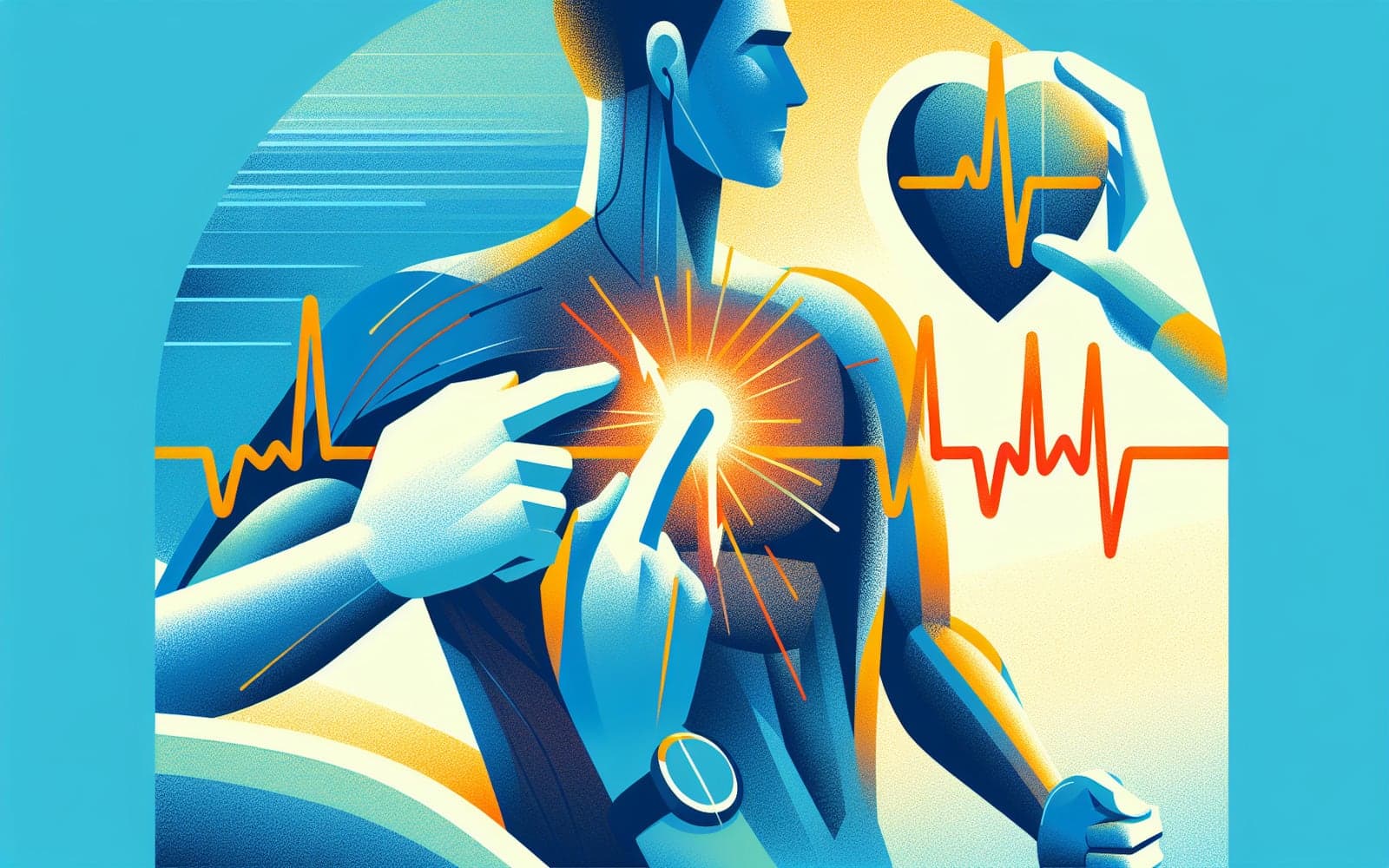How Can ECGs Detect Heart Arrhythmias in Athletes?
Published: Dec 19, 2023
Understanding how ECG tests can help detect heart arrhythmias is crucial for monitoring athletes' heart health effectively.
Contents
The Role of ECG in Diagnosis
An Electrocardiogram (ECG) is a test that records the electrical activity of the heart. It helps doctors identify arrhythmias by showing irregular heartbeats. For athletes, an ECG can be done at rest or during symptoms to catch these irregularities and ensure proper diagnosis and treatment.
What to Expect During an ECG
During an ECG, small electrodes are placed on the chest, arms, and legs. These sensors detect the heart's electrical signals, which are then graphed for analysis. The test is quick, painless, and provides valuable insights into the heart's rhythm and any possible arrhythmias.

When Is Further Testing Needed?
If the ECG shows abnormalities or if symptoms persist, further testing may be required. This includes longer-term ECG monitoring or stress tests to evaluate how the heart performs during physical activity. These follow-up tests help in assessing the severity of an arrhythmia and guide treatment decisions.
Frequently Asked Questions
An ECG detects the heart's electrical activity and identifies arrhythmias.
No, an ECG is a painless test involving small electrodes on the skin.
Athletes should have an ECG if they experience symptoms like palpitations or dizziness.
No, it primarily detects rhythm issues; further tests may be needed for other heart conditions.
Key Takeaways
Regular ECGs can be vital in detecting arrhythmias early and keeping athletes safe.
Schedule an ECG consultation with Doctronic to ensure your heart's in rhythm.Related Articles
References
D'Ascenzi F, Zorzi A, Alvino F, et al. The prevalence and clinical significance of premature ventricular beats in the athlete. Scand J Med Sci Sports 2017; 27:140.
Pelliccia A, Culasso F, Di Paolo FM, et al. Prevalence of abnormal electrocardiograms in a large, unselected population undergoing pre-participation cardiovascular screening. Eur Heart J 2007; 28:2006.
Always discuss health information with your healthcare provider.